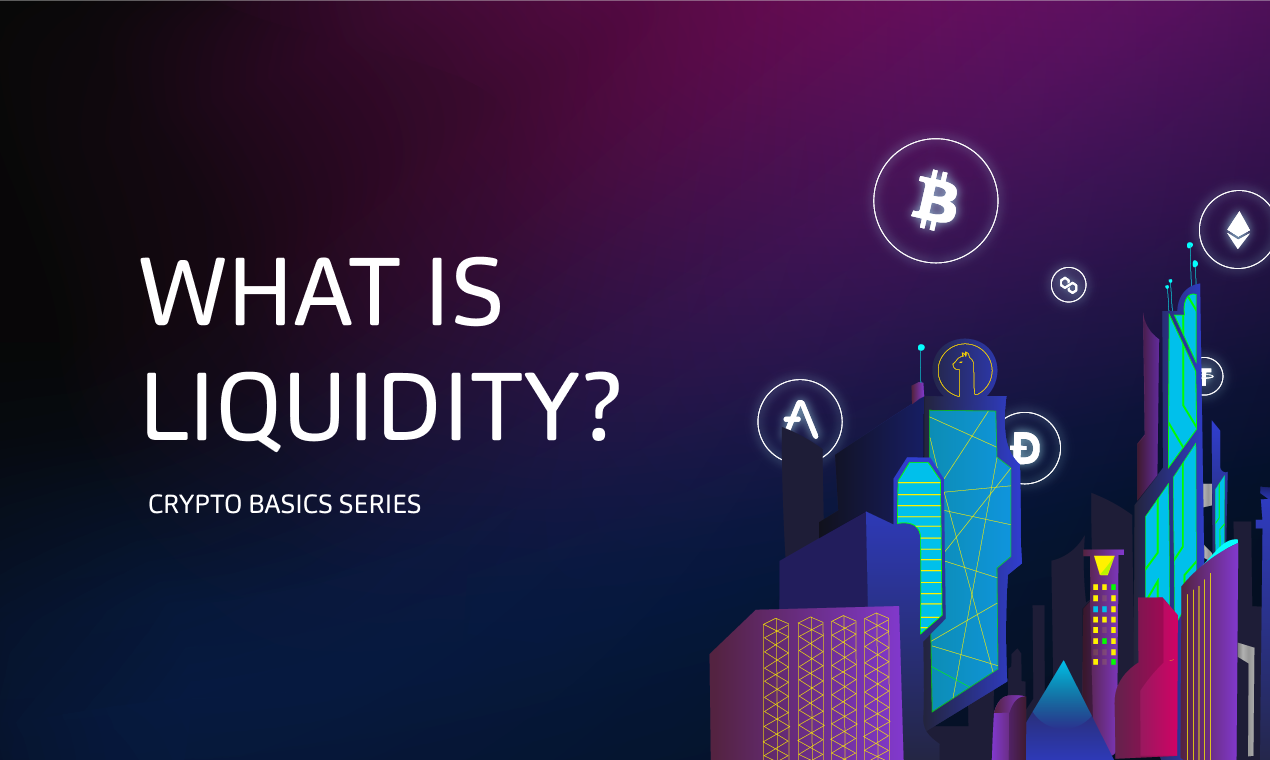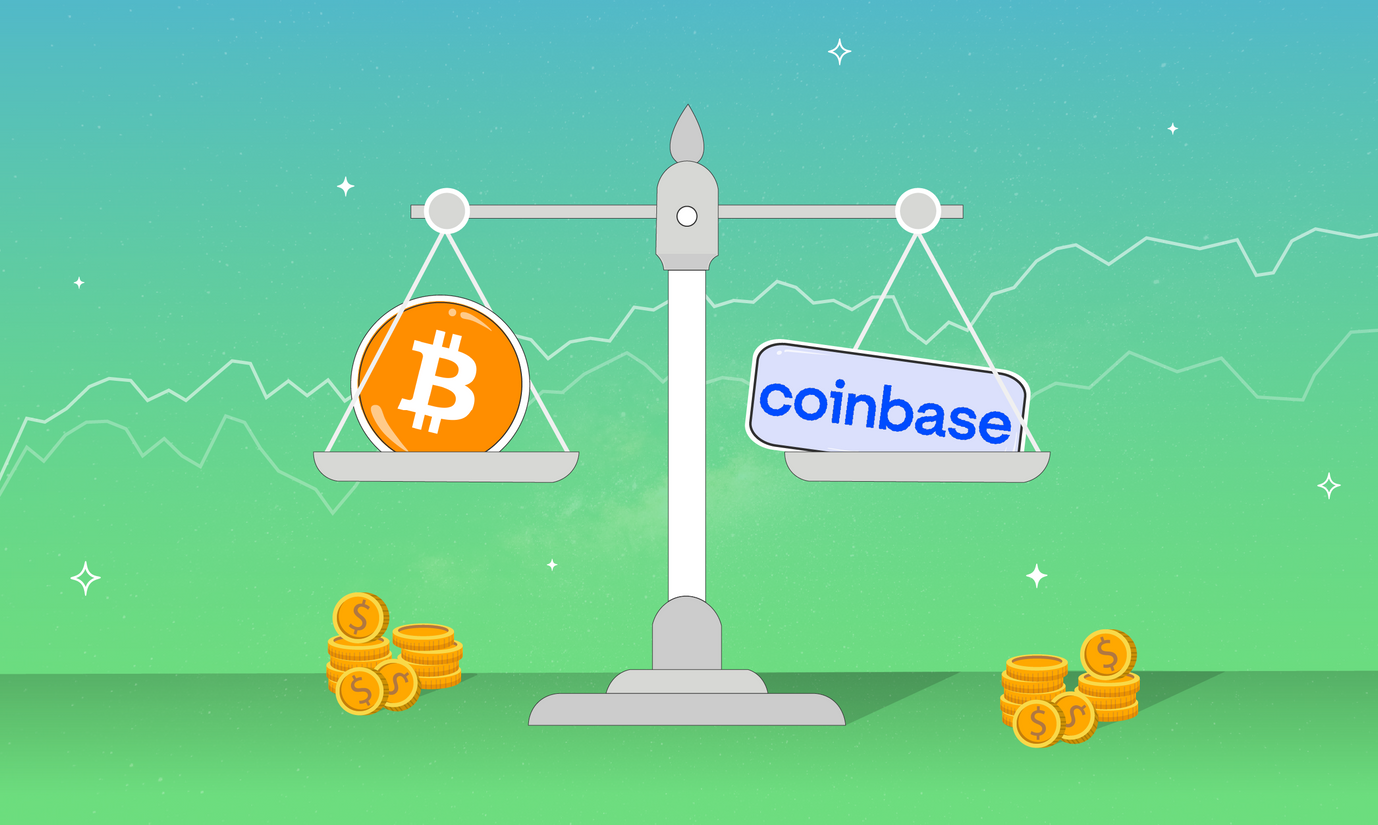What is liquidity?


Liquidity generally refers to the ability to easily purchase or sell an asset without drastically affecting the price.1 Cryptos with a high trading volume tend to be more liquid.
What determines liquidity
Liquidity is an important parameter while dealing with cryptos. There was a time when trading was limited, and converting cryptocurrencies like Bitcoin to fiat or other cryptocurrencies was also very difficult. As cryptocurrencies became popular, most participants entered the market. The popularity of exchanges rose, bringing the buyers and sellers together. Nowadays, it is very easy to buy and sell leading cryptos like Bitcoin and Ethereum due to the aggregation of buyers and sellers. There are also market makers who contribute to the marketplace's liquidity and receive a fee in return. These players play an essential role, especially in decentralized exchanges where there is no intermediary managing the system.
Liquid cryptos generally have a small bid-ask spread, and the cost for buying and selling the asset is therefore generally lesser (due to less slippage). Since the volume is high in liquid assets, the price is also generally not impacted as much by high-volume trades. In contrast, many cryptocurrencies still fall in the “illiquid” category. These cryptos may act like a penny stock, and finding a seller may be more difficult during times of distress or heightened volatility. Traders and investors may have to take a discounted rate to liquidate their holdings in illiquid assets.
Example
Buying and selling Bitcoin using US dollars may be relatively easy, and the spread involved in buying and selling this liquid cryptocurrency is also generally small (depending on the exchange used). On the other hand, a token that has just been launched may not be keenly followed by investors. Since only a few players own it, the amount of these tokens available to trade may be less, leading to lower liquidity. Investors may have to pay a premium to buy, or sell it at a discount.
References
1. https://www.investopedia.com/terms/l/liquidity.asp# Investopedia.
Please note that this article is for informational purposes only. Actual crypto prices may vary depending on the market price at that particular time. Alpaca Crypto LLC does not recommend any specific cryptocurrencies.
Cryptocurrency is highly speculative in nature, involves a high degree of risks, such as volatile market price swings, market manipulation, flash crashes, and cybersecurity risks. Cryptocurrency is not regulated or is lightly regulated in most countries. Cryptocurrency trading can lead to large, immediate and permanent loss of financial value. You should have appropriate knowledge and experience before engaging in cryptocurrency trading. For additional information please click here.
Cryptocurrency services are made available by Alpaca Crypto LLC ("Alpaca Crypto"), a FinCEN registered money services business (NMLS # 2160858), and a wholly-owned subsidiary of AlpacaDB, Inc. Alpaca Crypto is not a member of SIPC or FINRA. Cryptocurrencies are not stocks and your cryptocurrency investments are not protected by either FDIC or SIPC. Please see the Disclosure Library for more information.
This is not an offer, solicitation of an offer, or advice to buy or sell cryptocurrencies, or open a cryptocurrency account in any jurisdiction where Alpaca Crypto is not registered or licensed, as applicable.








